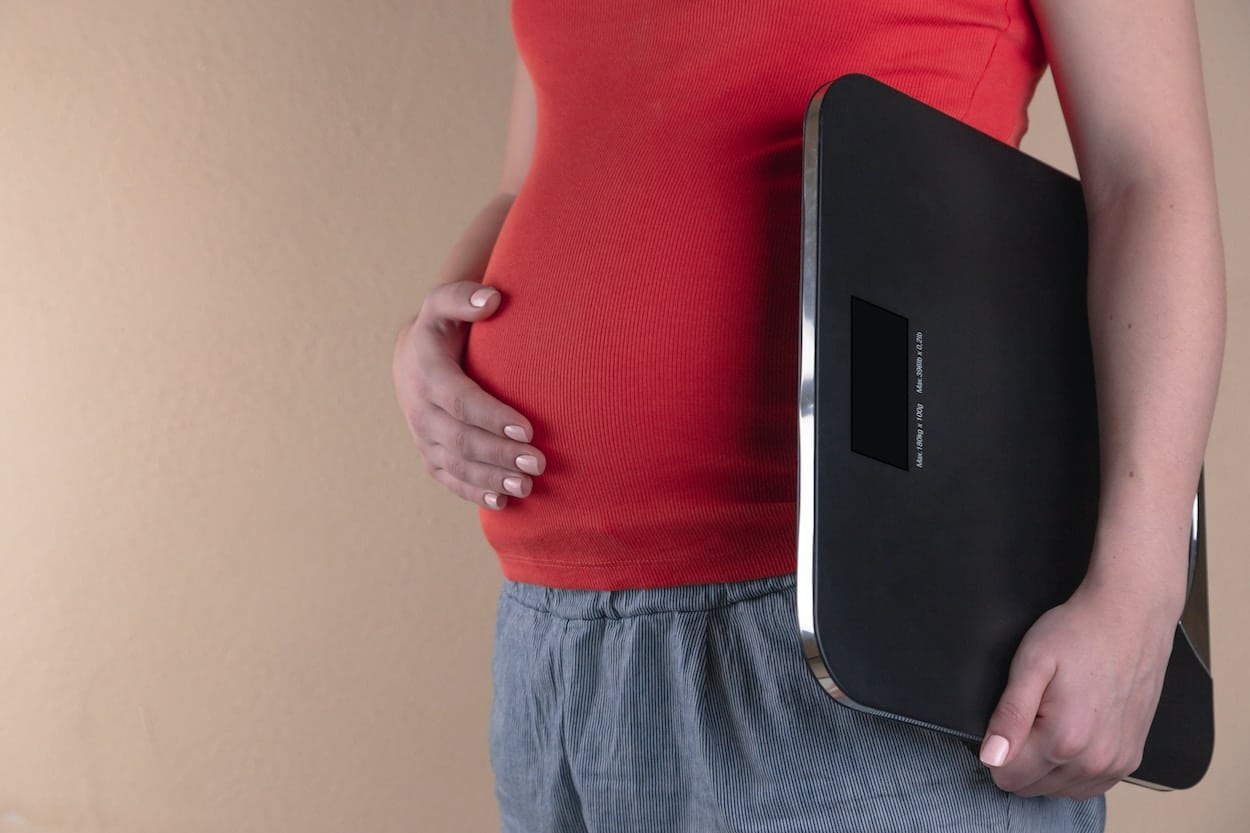It is the digestive problem everyone is talking about. It is trending in health and wellness content on social networks and in recent months it has become a regular feature in newspapers and specialised portals. From TikTok to the papers doctors, SIBO is of interest because of its relationship to one of our least favourite aspects of our physique: the swollen abdomen.
Bacterial overgrowth of the small intestine. That is what the acronym stands for. These bacteria, which would include some foreign to the intestinal flora, would be responsible for many of the symptoms associated with the disorder.
He explains it from Neolife, Celia GonzaloDespite the growing demand for information on the problem, this is nothing new, but a frequent reason for consultation that was previously not well identified or treated.
1. The medical study to detect it
Starting with this point, home tests are not enough to detect SIBO, let alone the recommendations of influencers and tiktokers. It is necessary to perform a series of tests: lactose or glucose breath test, duodenal fluid aspiration, duodenal aspirate culture and faecal DNA tests.
2. The long list of symptoms
Only after studying these aspects will it be possible to determine that SIBO is behind common digestive symptoms that can be associated with other diseases. These include chronic diarrhoea, abdominal pain, bloating, bloating (gas), early satiety, dyspepsia (abdominal discomfort after eating), changes in bowel habits, malabsorption of nutrients (leading to weight loss and weakness among other things), gastro-oesophageal reflux (burning sensation in the oesophagus) and systemic symptoms (tiredness, muscle aches, joint pains and headaches).
3. Diseases that can be confused with SIBO
SIBO shares relevant symptoms with other ailments, which is leading many people to come to consultations thinking that their digestive discomfort could be attributed to this disease. Dr Gonzalo cites the most similar or potentially confusing ones: irritable bowel syndrome, Crohn's disease, ulcerative colitis, coeliac disease, gastroparesis, fructose or lactose malabsorption, chronic pancreatitis and colorectal cancer.
4. How is small intestinal bacterial overgrowth syndrome treated?
Neolife is committed to a comprehensive approach based on a check-up, as everything, says Dr Gonzalo, can influence this pathology, from physical activity, hormonal status, previous ailments and diet. The endocrinologist adds that this problem should not be treated in isolation. She proposes the following microbiota studies as a point of departure and food intolerances
In terms of medication, the conventional approach uses antibiotics. There are also other currents that rely on phytotherapy or a combination of prebiotics, probiotics and postbiotics. In other words, fibres, bacteria and fatty acids.
5. SIBO and food
The withdrawal of foods is usually temporary and affects the consumption of foods rich in FODMAPS, i.e. carbohydrates fermentable by bacteria. The first group includes those containing sugars and dairy products. Also those containing fructose, such as mangoes, apples, pears and watermelon. The patient is also warned about the need to follow a diet that does not include polyols, alcohol sugars present, for example, in sugar-free chewing gum. Products rich in insoluble fibre - pulses, wholegrain cereals - and cruciferous vegetables, broccoli and cabbage, among others, are added to the list of foods to be removed during treatment.
6. Alcohol and tobacco, to be crossed off the consumption list
Neolife reminds us: we are dealing with two toxins that will worsen symptoms in some people with SIBO. Alcohol increases intestinal permeability, stimulates bacterial growth, affects the malabsorption of nutrients and promotes dehydration. Tobacco increases acidity in the stomach and irritates the oesophagus as well as intestinal motility.
7. How long does it take to heal?
It is a long process, but if the treatment is carried out properly in six months, or even sooner, the results will be excellent. It's a long-term process, we have to re-establish a balance in our microbiota and provide all the elements for it to work properly.
Finally, the endocrinologist reminds us of the danger of a false diagnosis encouraged by information that does not come from medical professionals. She recommends that you always seek the advice of specialist doctors.






